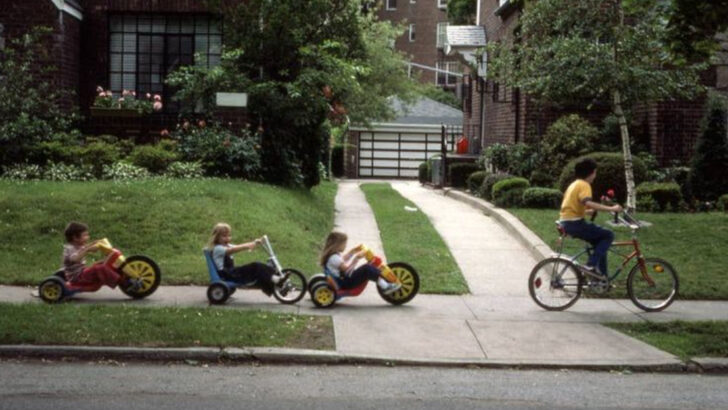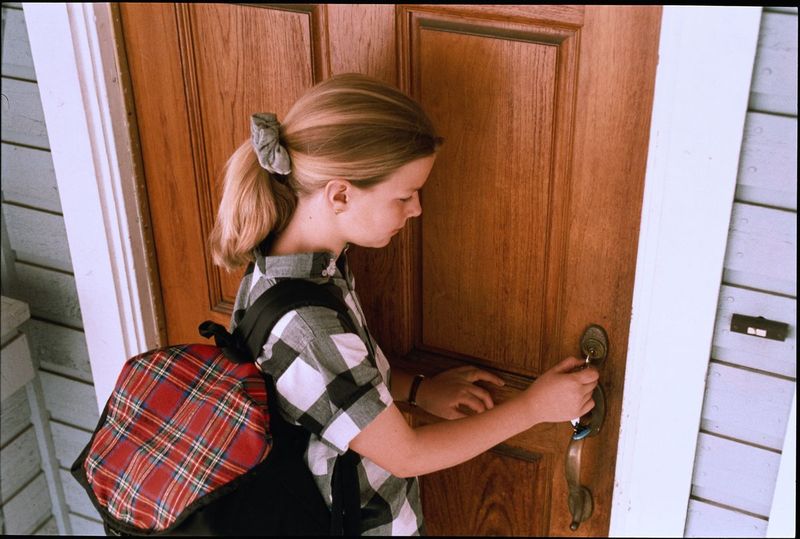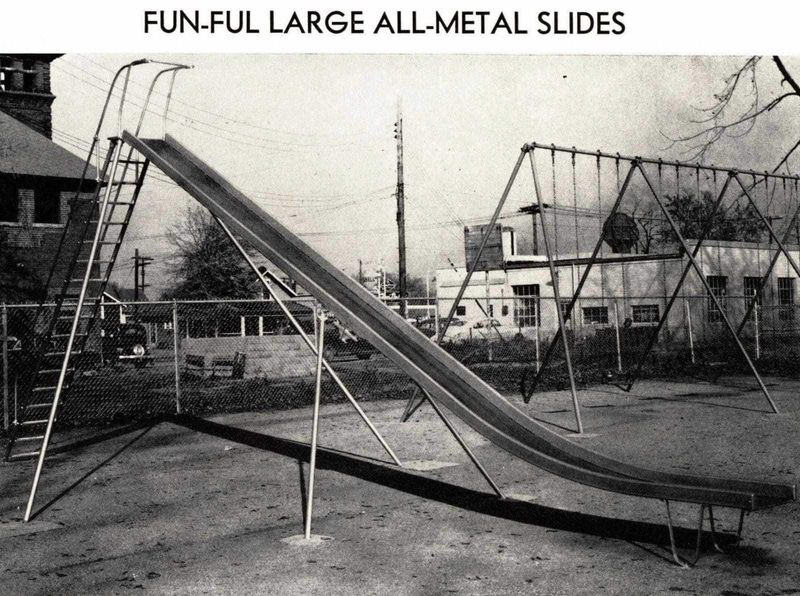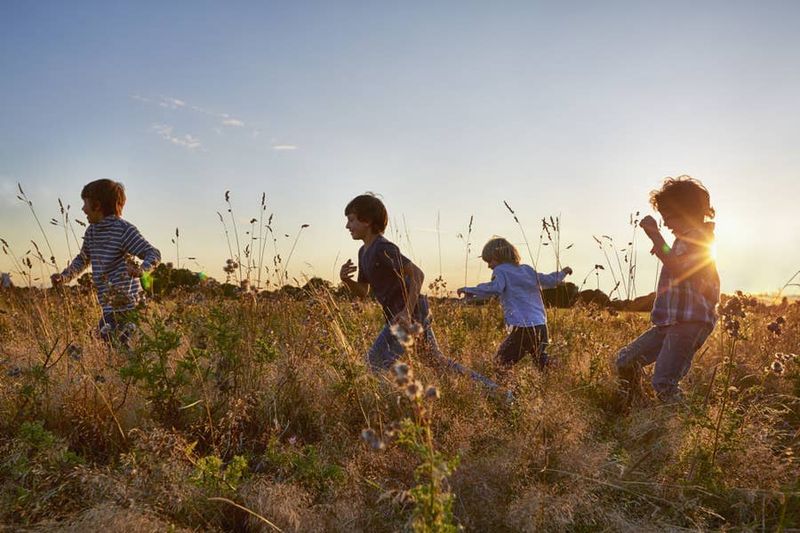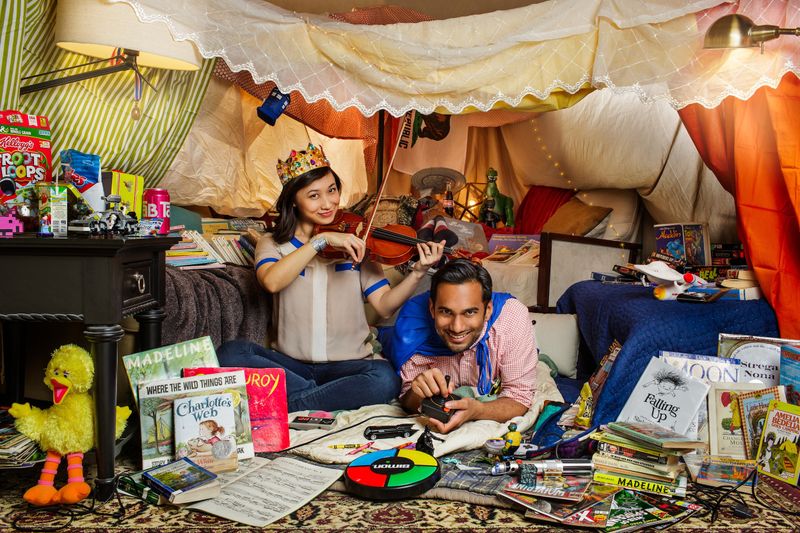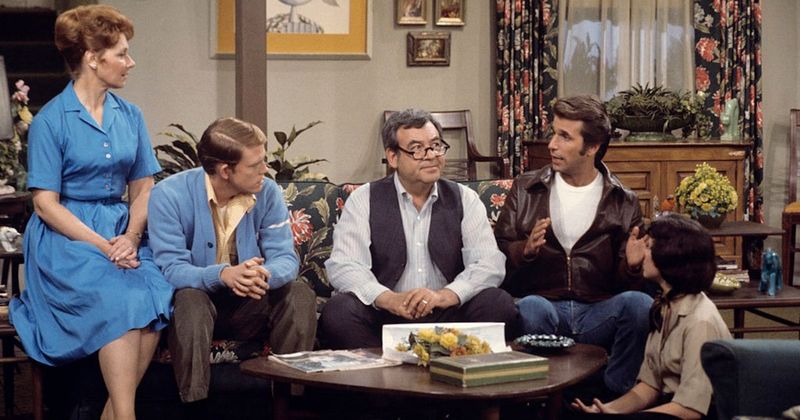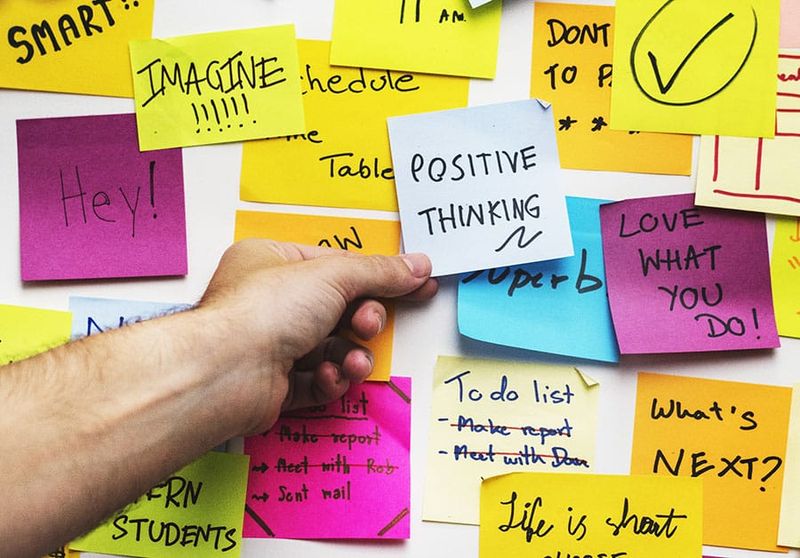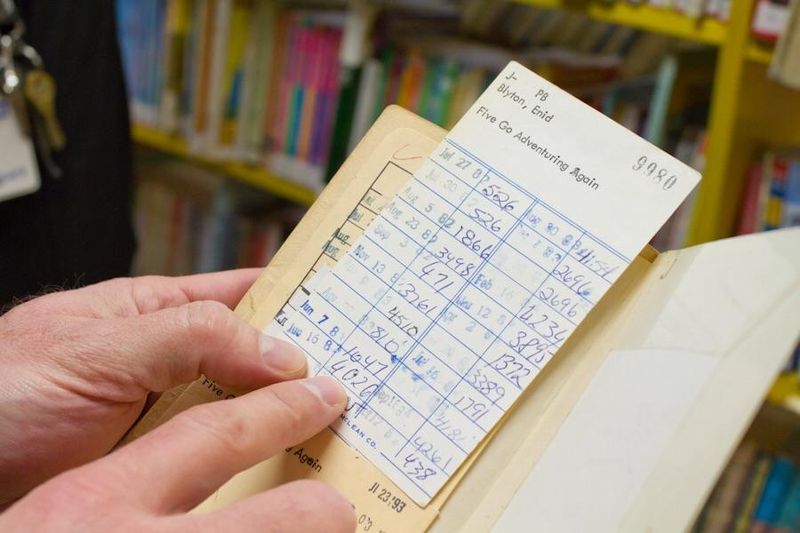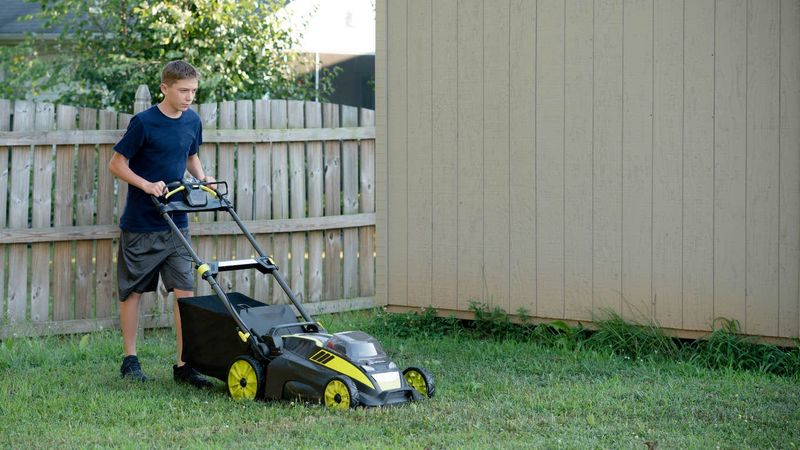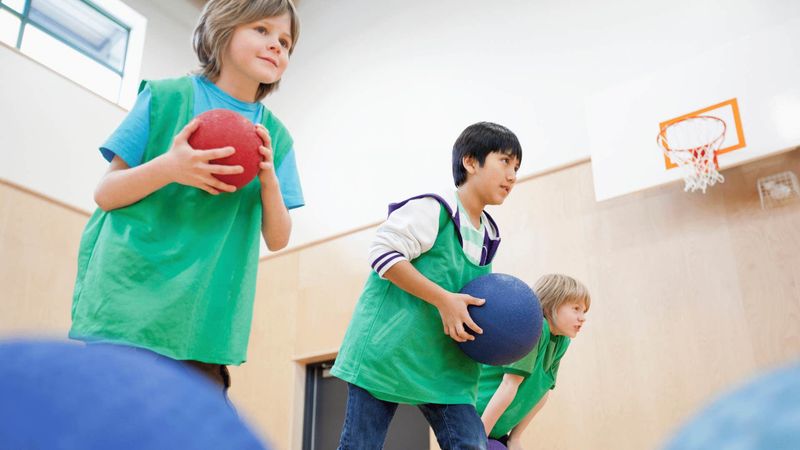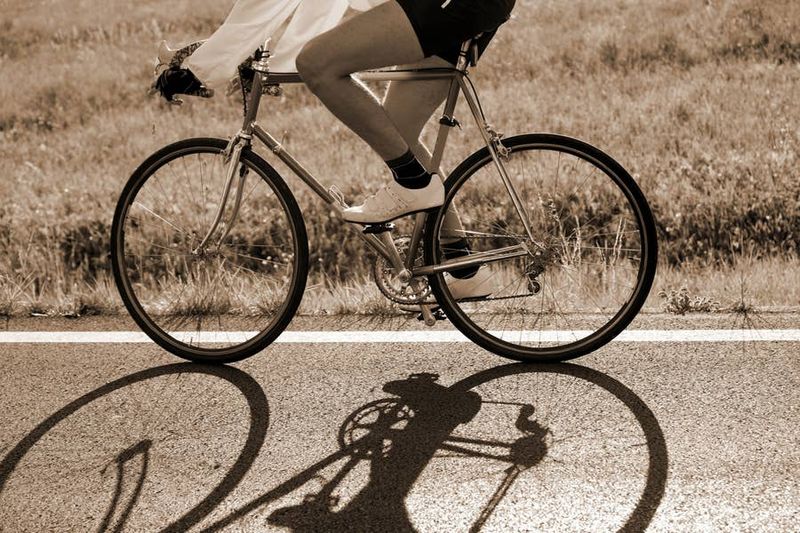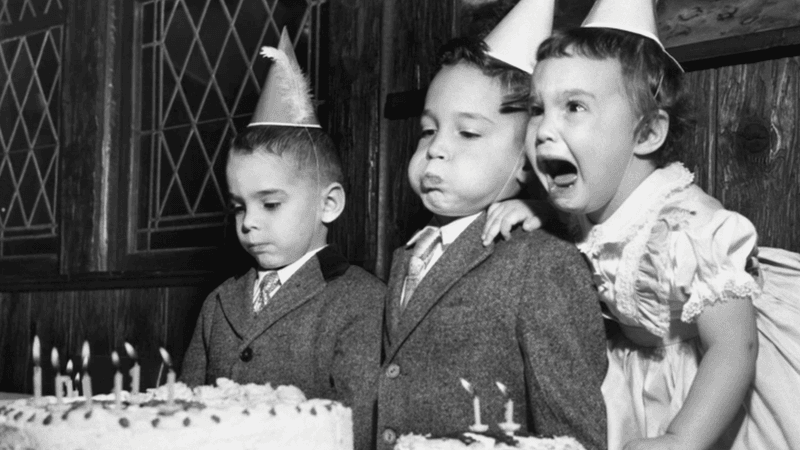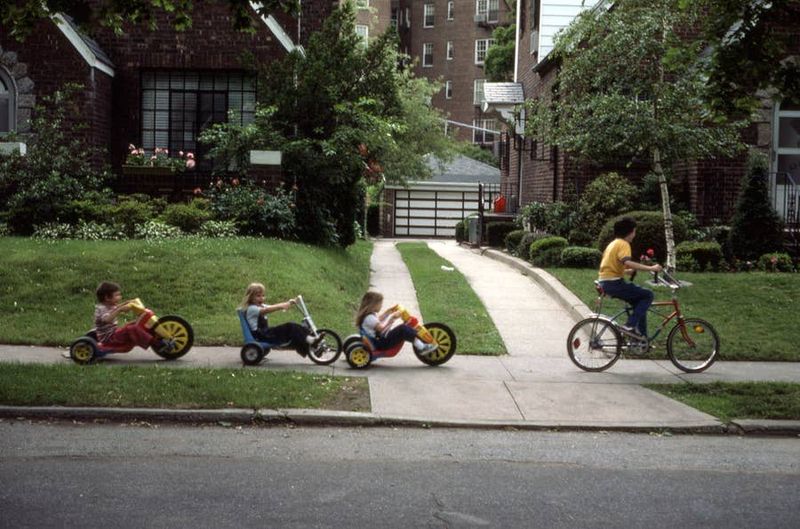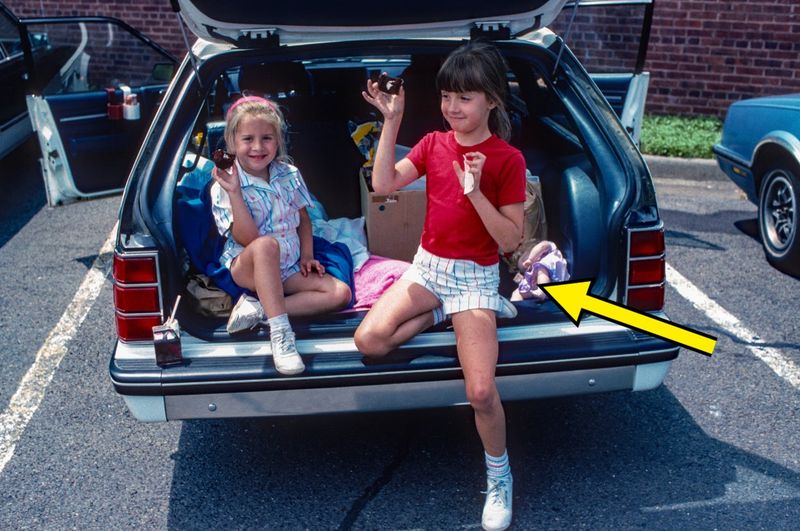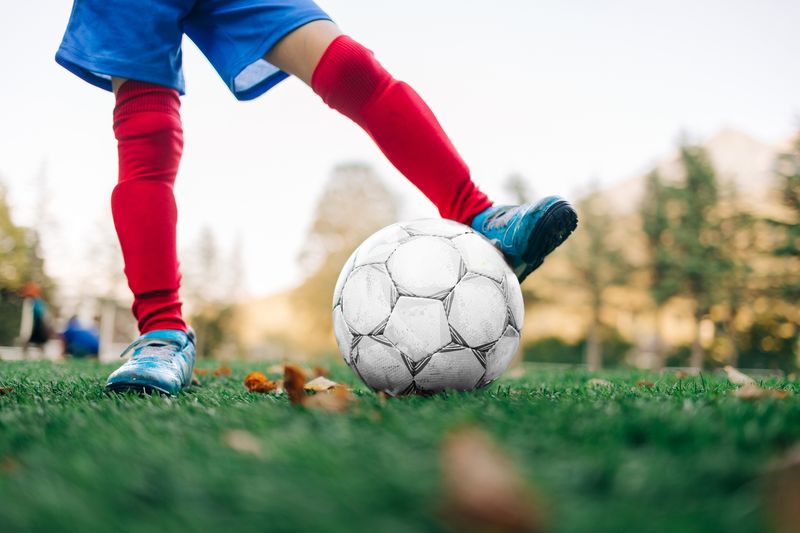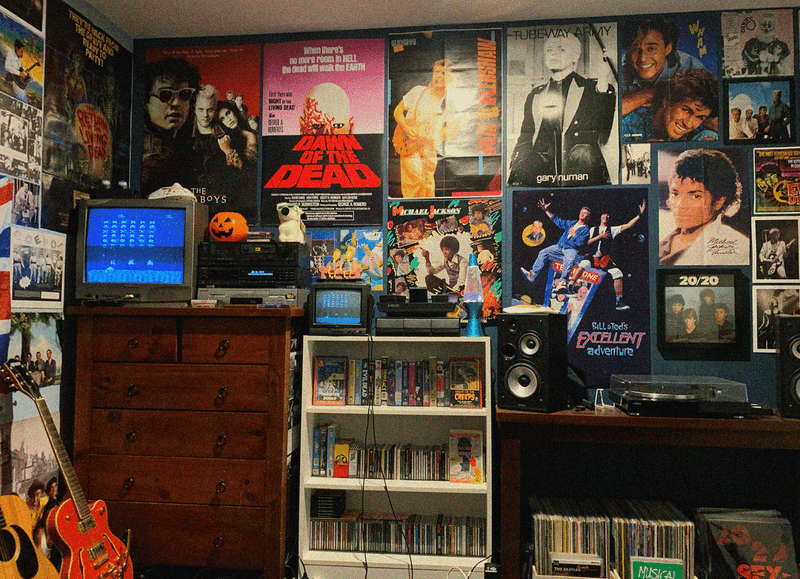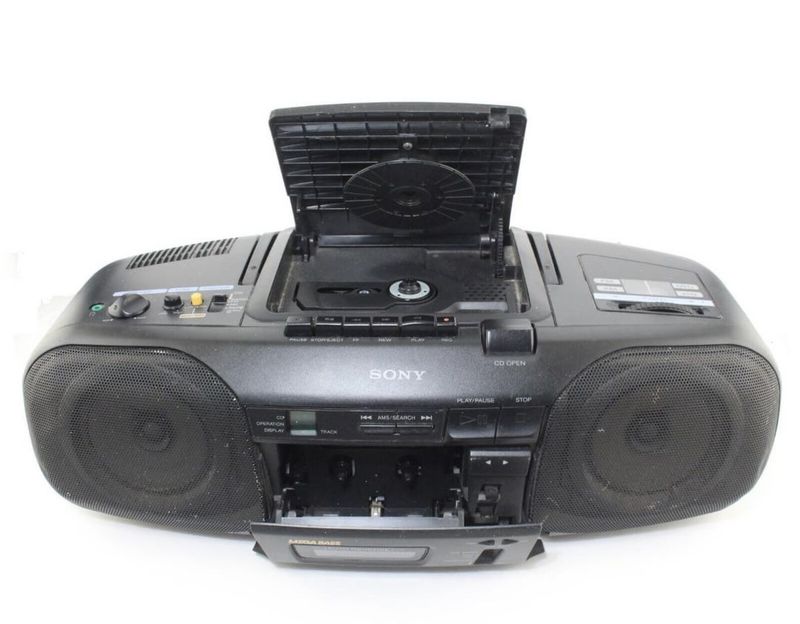Here’s the thing: if you grew up Gen X, you probably learned early that comfort was optional. Your parents weren’t going to hover. Your teachers didn’t hand out gold stars for effort. And if you wanted something—food, attention, answers—you figured it out on your own or you didn’t get it.
You didn’t think you were tough. You just didn’t know there was another way to be. This isn’t a nostalgia trip. It’s an unfiltered look at what it actually felt like to grow up in a world where nobody came to soften the blow.
Maybe it made you resilient, or maybe it left you with edges you’re still sanding down. Either way, these 18 truths aren’t just moments—they’re tattoos on the inside of your skin. It’s what only Gen X knows about being raised without a safety net (or a participation trophy).
1. Latchkey Kids: The Art of Letting Yourself In
You knew the sound of your own key turning in the lock before you hit double digits. You may have been nervous those first few times—checking all the closets, jumping at the ice maker—but you learned to hide it.
Most of the time, nobody asked about your day before dinner. You poured your own cereal, did homework at the kitchen table, and kept one ear open for the garage door. Independence wasn’t a choice; it was part of the landscape.
Maybe it made you resourceful. Or maybe you just got really good at making instant noodles. Either way, you didn’t expect anyone to rescue you from boredom or loneliness. You let yourself in, and you dealt with whatever was waiting on the other side.
2. Unsupervised Outdoor Play: The Lost Neighborhood Tribe
There were no apps to track your location, no texts from Mom at dusk. You just left the house and rode wherever the wind or your friends wanted to take you. Scraped knees were badges of honor.
You formed alliances on the fly—friends, rivals, tag-teams for kickball or hide-and-seek. Arguments got settled in real time, often with a foot race or a dare.
The world felt big and uncharted. Nobody shadowed you with bottled water and sunscreen. You learned to take a hit, laugh it off, and get back in the game. That’s how you found your tribe.
3. Risk Without Helmets: Playing Fast and Loose
Nobody handed you a helmet or knee pads before you launched off the curb. The playground was part obstacle course, part survival training.
You learned to fall—and more importantly, how to get back up—on your own. Blisters, bruises, and sunburns were part of the deal.
Maybe you call it reckless now, but back then it was freedom. You learned where your limits were by testing them, not by reading a rulebook or listening to a warning label.
4. Coping With Boredom: No One Entertained You On Demand
Boredom was the default, not a problem to be solved. You stared at the ceiling. You doodled on your jeans. Once in a while, you invented whole worlds from the cracks in the plaster.
If you wanted excitement, you had to make it happen—or learn to appreciate the quiet.
That stillness taught you to sit with yourself, to notice the small things. Every now and then, you actually liked what you found.
5. DIY Entertainment: When Imagination Was King
Your screen time was whatever was on TV at 7 PM—no skipping, no streaming. This wasn’t a crisis; it was the mother of invention.
Blanket forts, mixtapes made from radio hits, and elaborate action figure battles happened every day. You didn’t wait for adults to schedule your fun. You made it out of whatever you had lying around.
Sometimes you failed—your fort collapsed, your tape got eaten. But you always tried again. There was magic in figuring out how to entertain yourself.
6. Waiting for TV Shows: The Antidote to Instant Gratification
No on-demand. No binge-watching. If you missed a show, you missed it—better luck next week.
You memorized the TV Guide, counted the days until Saturday morning cartoons, and argued with your siblings over who got the remote. Patience was baked into the experience.
At times you got disappointed. The show wasn’t as good as you hoped. But anticipation taught you how to wait for something—and how to make the most of the moment when it finally arrived.
7. Handwritten Notes: The Original Social Media
Passing notes in class felt like sending a secret message straight from your soul. You spent more time folding the paper than actually writing the words.
Every note, every heart doodle, every inside joke was proof that someone saw you. You risked detention for it. Or maybe you just risked putting your heart out there.
You learned the art of saying what you meant with only a page and a pen. Long before texts, your friendships grew one folded square at a time.
8. Library Card Power: Freedom to Roam (Mentally)
Your first library card wasn’t just a rectangle of cardboard—it was a license to get lost. You wandered through stacks, judging books by their covers and finding stories nobody else had told you about.
You learned how to be alone in your head, how to chase answers that adults didn’t have patience for. Maybe you read about dinosaurs, haunted houses, or heartbreak.
Whatever you found, you kept it tucked away for later, a quiet rebellion against boredom or conformity. The library was your private world, and nobody could take it from you until the fines piled up.
9. Financial Reality Checks: Earning Your Own Cash
You wanted something big—a new Walkman, a skateboard—so you raked leaves or walked the neighbor’s dog. Your allowance wasn’t guaranteed. Sometimes it didn’t come at all.
Every dollar felt like a small victory. You learned what things actually cost and how long it took to save up.
From time to time, you got burned. A friend bailed, a job took longer than planned—no parent swooped in to cover for you. That’s where you learned grit, right there on the front lawn.
10. Schoolyard Survival: Lessons They Never Taught in Class
You learned who ran the playground and who kept the peace. There were no mediators or conflict resolution workshops—just a social jungle with its own rules.
You weathered taunts, inside jokes, and the pecking order. Sometimes you won, sometimes you went home licking your wounds.
But you learned to stand your ground or to laugh at yourself—survival skills that no test could measure. The bruises didn’t always show. The lessons stuck for life.
11. Mistakes Without a Safety Net: Tough Lessons Stuck
You broke stuff—dishes, rules, hearts—and there wasn’t always someone there to clean up after you. You learned that actions had consequences, immediate and undeniable.
The apology wasn’t always accepted. At times the mess stayed until you cleaned it up. You figured out how to patch things up, even when it was awkward.
That sting? It made you careful. But it also made you brave enough to try again, even though nobody would cushion your fall.
12. The Forgotten Birthday: No Pinterest Parties Here
Sometimes, your birthday party was just a cake, a couple of friends, and a dollar-store candle. No bounce houses. No elaborate themes.
You didn’t expect a Pinterest-perfect day. You learned to appreciate whatever showed up—maybe a homemade card, maybe your favorite dinner.
The real gift? You figured out early that happiness wasn’t about grandeur. You found joy in the little things, like licking the icing off the beaters.
13. Parenting from a Distance: The Unseen Safety Net
Your parents didn’t hover over your every move. Most of the time, you figured out homework, snacks, and minor crises solo.
But even from the next room (or the other end of the phone cord), you knew they were there—watching, listening, but not interfering. Their trust was both a compliment and a test.
You learned to solve your own problems, but you also learned that backup didn’t have to be right beside you to be real.
14. The Art of Waiting: Patience as a Survival Skill
You waited for rides, for summer, for someone to pick up the phone. In certain moments, you waited with nothing but your own thoughts for company.
There was no fast-forward, no instant delivery. Waiting was a skill, practiced daily, even if it grew into frustration or relief.
It taught you to sit with discomfort, to trust that something was coming—even if it was only a ride home at dusk.
15. Analog Friendships: Bonds Built Without Wi-Fi
Friendship wasn’t about likes or follows. It was about who would sneak you a note in math class or wait with you after school.
You learned the value of showing up—rain, shine, or awkward silence. Everything felt more precious because it took effort.
No group chats. Every bond was a knot tied by hand and time, not wi-fi. You miss that, right? I know I do.
16. Learning to Lose: The Beauty of Not Getting a Trophy
You didn’t get a ribbon just for showing up. Occasionally, you lost, and it hurt—in front of everyone, with no pep talk to take the sting away.
You learned that effort didn’t always equal reward. But you also learned how to keep going, how to cheer for someone else, how to handle not being the best.
Losing taught you humility and grit. It also taught you to celebrate real wins—hard-fought, sometimes ugly, but yours.
17. Hand-Me-Downs and Fixer-Uppers: Making Do Was the Norm
You learned to spot your cousin’s name in the collar. Clothes, toys, even bikes came with history attached. You fixed what you could and made do with what you had.
New wasn’t always better; sometimes it just meant untested. You took pride in making old things yours—patching jeans, personalizing a beat-up backpack.
You got creative. You learned that value wasn’t always measured in price tags. It was stitched into every patch and marker scrawl you added.
18. Rolling With Change: From Cassette to CD and Beyond
You saw the world shift from cassettes to CDs, from rotary phones to dial-up, and you didn’t flinch. You learned to adapt every time the ground shifted.
Perhaps, you felt left behind—technology moving faster than birthdays. Or you felt like a pioneer, figuring things out before anyone else did.
Change was the only constant. You learned to stay curious, to keep moving, to not let nostalgia slow you down for too long.

